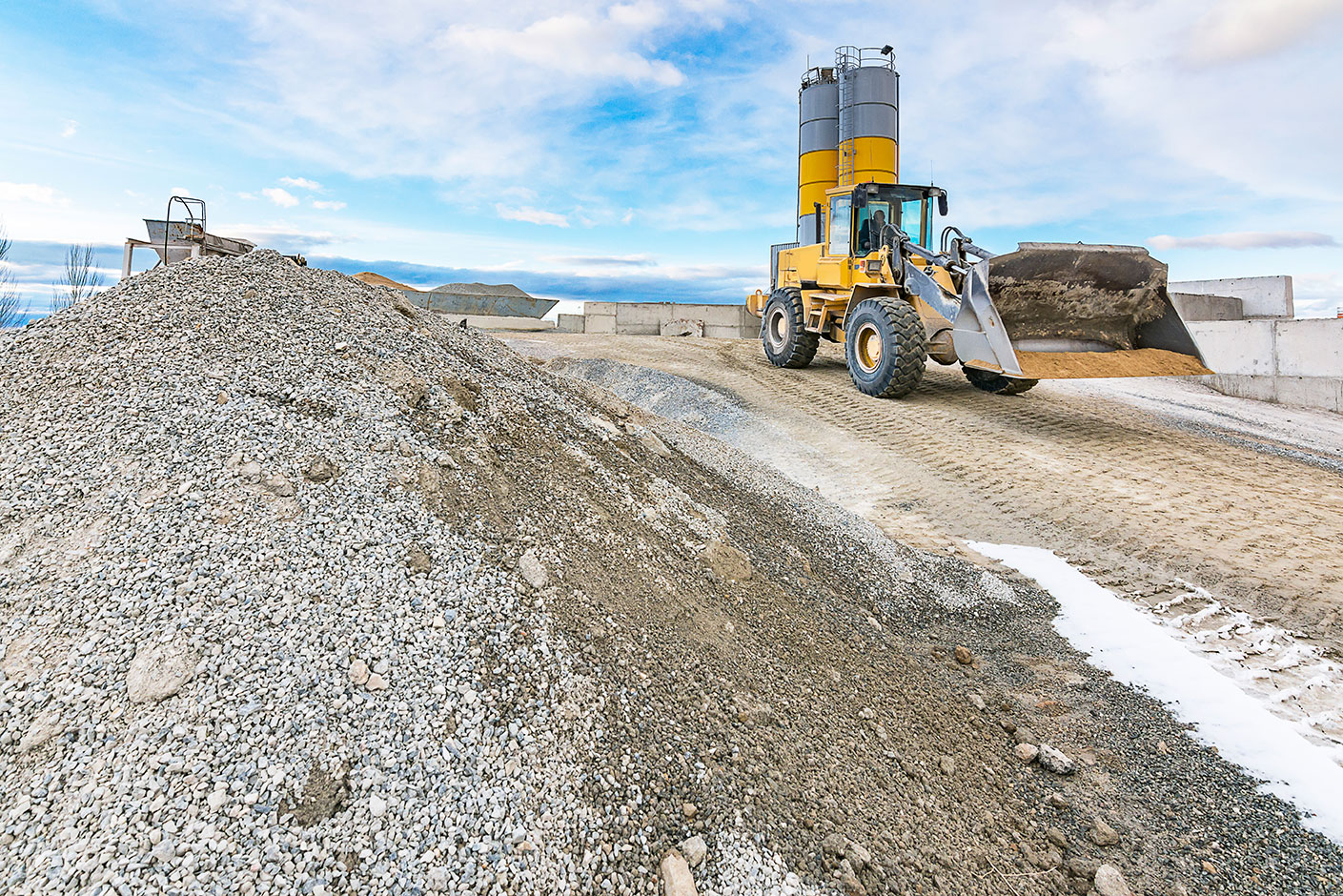
Why Are Aggregates Used In Concrete
Why Are Aggregates Used In Concrete?
Aggregates are an indispensable component of concrete, playing a crucial role in the construction industry. With their diverse range of sizes, shapes, and compositions, aggregates contribute to the strength, durability, and workability of concrete structures. In this post, we will explore the reasons why aggregates are used in concrete and delve into the multiple benefits they offer.
Enhancing Structural Strength
Aggregates provide concrete with the necessary strength to withstand various loads and stresses. The interlocking nature of aggregates within the concrete matrix increases its compressive strength, allowing it to resist heavy loads and pressures. By distributing these forces across a larger area, aggregates help prevent cracking or failure of the concrete.
Improving Durability
Concrete structures exposed to harsh environmental conditions, such as freeze-thaw cycles, chemical exposure, or abrasion, require exceptional durability. Aggregates contribute to the durability of concrete by reducing the permeability of the mixture, minimizing the penetration of water, chemicals, and other potentially damaging substances. This protects the underlying reinforcement and enhances the service life of the structure.
Enhancing Workability
Aggregates play a significant role in determining the workability or ease of handling and placing of concrete. By providing dense packing and a suitable particle size distribution, aggregates facilitate the flow of concrete, making it easier to pour, shape, and finish. Properly chosen aggregates can reduce the need for excessive water content, thereby maintaining the desired consistency and reducing the risk of segregation or bleeding.
Economical Advantage
Aggregates offer a cost-effective solution in concrete construction. As a major constituent, they are readily available and typically less expensive compared to other components, such as cement or admixtures. Utilizing locally sourced aggregates minimizes transportation costs and promotes sustainable construction practices. This economic advantage makes aggregates a preferred choice for large-scale projects.
Environmental Sustainability
Aggregates play a crucial role in sustainable construction practices, particularly in terms of soil management. Extracting aggregates from designated sites reduces the pressure on natural resources by avoiding excessive soil excavation. Additionally, the use of recycled aggregates from construction and demolition waste reduces landfill space and promotes the circular economy. By incorporating recycled aggregates into concrete, the industry can significantly reduce its environmental footprint.
Tailored Concrete Properties
The composition and properties of aggregates can be carefully selected to meet specific engineering requirements. Different types of aggregates, such as crushed stone, gravel, sand, or lightweight materials, can be combined to achieve desired characteristics, such as increased strength, reduced weight, or improved thermal insulation. This flexibility allows engineers and architects to tailor concrete properties to suit the unique needs of each project.
Aesthetics and Architectural Versatility
Aggregates offer a wide range of colors, shapes, and textures, allowing for diverse design possibilities. Exposed aggregate concrete, for example, showcases the natural beauty of aggregates, adding an aesthetic appeal to sidewalks, driveways, or decorative elements. By incorporating aggregates with specific colors or finishes, architects can create visually striking and customized concrete structures.
Control of Shrinkage and Thermal Expansion
Aggregates help control the shrinkage and thermal expansion of concrete. By reducing the amount of cement paste required, aggregates minimize the potential for excessive drying shrinkage. Moreover, aggregates with low coefficients of thermal expansion can counteract the expansion and contraction caused by temperature variations, reducing the risk of cracks and structural damage.
Aggregates are essential components in concrete construction due to their numerous advantages. From enhancing structural strength and durability to providing workability and economic benefits, aggregates contribute significantly to the success and sustainability of construction projects. As the construction industry embraces environmentally conscious practices and effective aggregates & soil management, ensuring responsible extraction and utilization of aggregates becomes crucial. By adopting sustainable sourcing practices and incorporating recycled aggregates, the industry can reduce its environmental impact and promote the circular economy. With the proper selection and management of aggregates, construction projects can achieve optimal performance, longevity, and aesthetic appeal while minimizing their ecological footprint.

